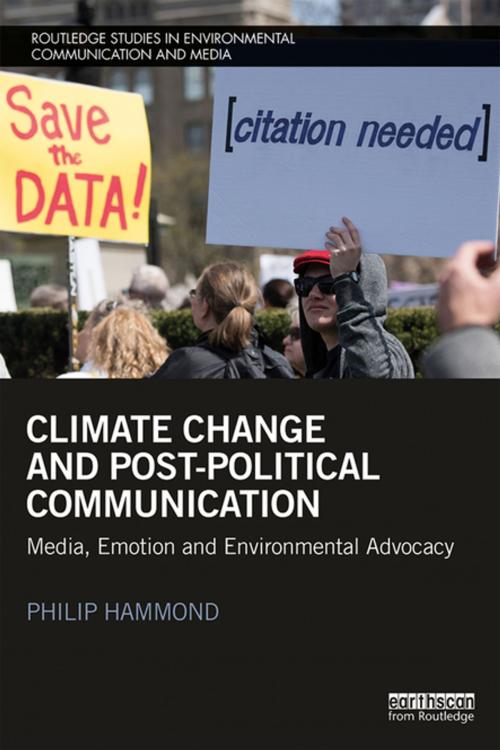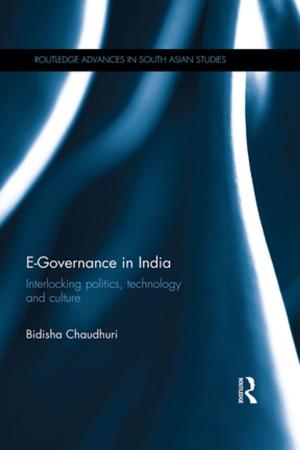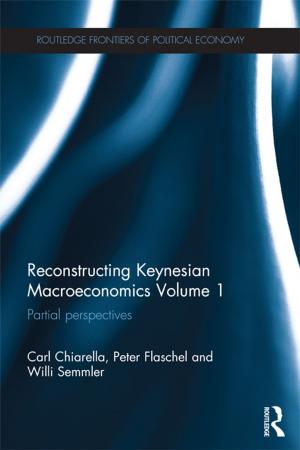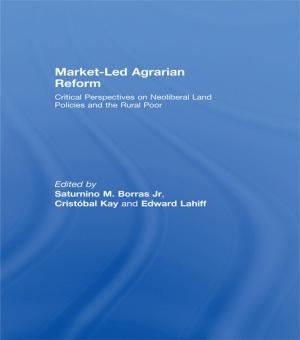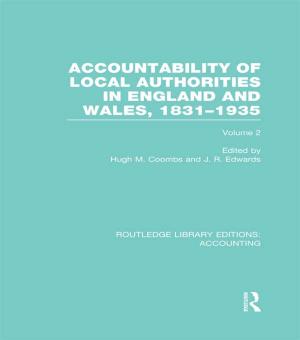Climate Change and Post-Political Communication
Media, Emotion and Environmental Advocacy
Nonfiction, Social & Cultural Studies, Political Science, Government, Public Policy| Author: | Philip Hammond | ISBN: | 9781317678885 |
| Publisher: | Taylor and Francis | Publication: | November 28, 2017 |
| Imprint: | Routledge | Language: | English |
| Author: | Philip Hammond |
| ISBN: | 9781317678885 |
| Publisher: | Taylor and Francis |
| Publication: | November 28, 2017 |
| Imprint: | Routledge |
| Language: | English |
For many years, the objective of environmental campaigners was to push climate change on to the agenda of political leaders and to encourage media attention to the issue. By the first decade of the twenty-first century, it appeared that their efforts had been spectacularly successful. Yet just at the moment when the campaigners’ goals were being achieved, it seemed that the idea of getting the issue into mainstream discussion had been mistaken all along; that the consensus-building approach produced little or no meaningful action. That is the problem of climate change as a ‘post-political’ issue, which is the subject of this book.
Examining how climate change is communicated in politics, news media and celebrity culture, Climate Change and Post-Political Communication explores how the issue has been taken up by elites as potentially offering a sense of purpose or mission in the absence of political visions of the future, and considers the ways in which it provides a focus for much broader anxieties about a loss of modernist political agency and meaning. Drawing on a wide range of literature and case studies, and taking a critical and contextual approach to the analysis of climate change communication, this book will be a valuable resource for students and scholars of environmental studies, communication studies, and media and film studies.
For many years, the objective of environmental campaigners was to push climate change on to the agenda of political leaders and to encourage media attention to the issue. By the first decade of the twenty-first century, it appeared that their efforts had been spectacularly successful. Yet just at the moment when the campaigners’ goals were being achieved, it seemed that the idea of getting the issue into mainstream discussion had been mistaken all along; that the consensus-building approach produced little or no meaningful action. That is the problem of climate change as a ‘post-political’ issue, which is the subject of this book.
Examining how climate change is communicated in politics, news media and celebrity culture, Climate Change and Post-Political Communication explores how the issue has been taken up by elites as potentially offering a sense of purpose or mission in the absence of political visions of the future, and considers the ways in which it provides a focus for much broader anxieties about a loss of modernist political agency and meaning. Drawing on a wide range of literature and case studies, and taking a critical and contextual approach to the analysis of climate change communication, this book will be a valuable resource for students and scholars of environmental studies, communication studies, and media and film studies.
